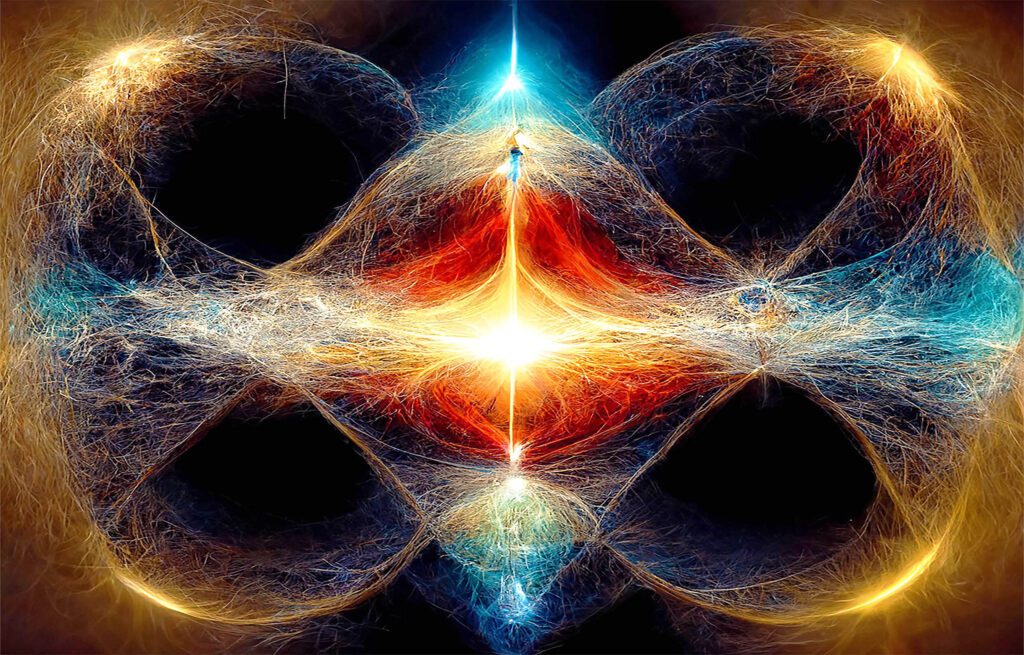The article explores the philosophical and scientific perspectives on consciousness, highlighting the ancient idea of panpsychism—the belief that all matter has a form of consciousness or experience. Historical thinkers like Thales and Plotinus suggested that everything is interconnected with a vital essence, a concept that reemerged during the Renaissance and Enlightenment.
Modern neuroscience is grappling with the “hard problem of consciousness,” prompting theories such as Integrated Information Theory (IIT), which proposes that consciousness exists independent of observers and can occur in various systems, not just biological ones. This perspective supports panpsychism by indicating that consciousness might arise anywhere the right informational structure exists.
Furthermore, some researchers link consciousness to quantum mechanics, proposing theories that suggest quantum processes in the brain may contribute to conscious experience. However, this remains controversial.
The article notes ongoing debates about the implications of panpsychism and the challenges of understanding how individual experiences combine into human thought. Future advancements in neuroscience, quantum biology, and philosophical inquiry are anticipated to deepen our understanding of consciousness, raising questions about whether it’s a fundamental aspect of the universe.
Source link


